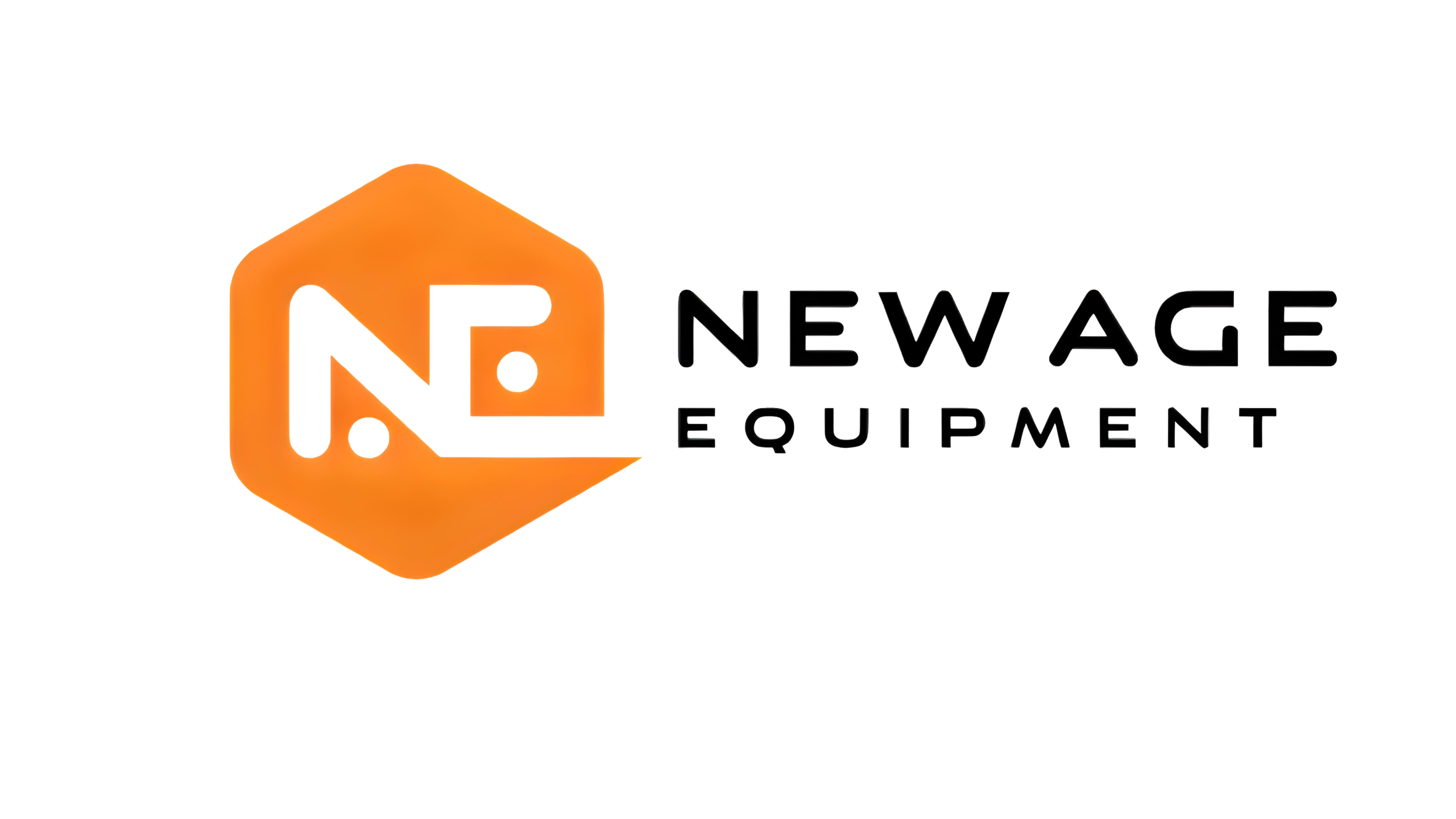What Employers Need to Know When Classifying Workers as Employees or Independent Contractors
With the end of the year right around the corner and preparation of W-2's and 1099's starting soon, we thought this article that we found might be helpful.
-Belinda Stickle
It is critical for business owners to correctly determine whether the individuals providing services are employees or independent contractors.
An employee is generally considered anyone who performs services, if the business can control what will be done and how it will be done. What matters is that the business has the right to control the details of how the worker's services are performed.
Independent contractors are normally people in an independent trade, business or profession in which they offer their services to the public. Doctors, dentists, veterinarians, lawyers, accountants, contractors, subcontractors, public stenographers or auctioneers are generally independent contractors.
Independent contractor vs. employee
Whether a worker is an independent contractor, or an employee depends on the relationship between the worker and the business.
Generally, there are three categories to consider.
- Behavioral control − Does the company control or have the right to control what the worker does and how the worker does the job?
- Financial control − Does the business direct or control the financial and business aspects of the worker's job. Are the business aspects of the worker's job controlled by the payer? Things like how the worker is paid, are expenses reimbursed, who provides tools/supplies, etc.
- Relationship of the parties − Are there written contracts or employee type benefits such as pension plan, insurance, vacation pay? Will the relationship continue and is the work performed a key aspect of the business?
Misclassified worker
Misclassifying workers as independent contractors adversely affects employees because the employer's share of taxes is not paid, and the employee's share is not withheld. If a business misclassified an employee without a reasonable basis, the business can be held liable for employment taxes for that worker. Generally, an employer must withhold and pay income taxes, Social Security and Medicare taxes, as well as unemployment taxes. Workers who believe they have been improperly classified as independent contractors can use Form 8919, Uncollected Social Security and Medicare Tax on Wages to figure and report their share of uncollected Social Security and Medicare taxes due on their compensation.
Voluntary Classification Settlement Program
The Voluntary Classification Settlement Program is an optional program that provides taxpayers with an opportunity to reclassify their workers as employees for future employment tax purposes. This program offers partial relief from federal employment taxes for eligible taxpayers who agree to prospectively treat their workers as employees. Taxpayers must meet certain eligibility requirements and apply by filing Form 8952, Application for Voluntary Classification Settlement Program, and enter into a closing agreement with the IRS.
Who is self-employed?
Generally, someone is self-employed if any of the following apply to them.
- They carry on a trade or business as a sole proprietor or an independent contractor.
- They are a member of a partnership that carries on a trade or business.
- They are otherwise in business for themselves, including a part-time business.
Self-employed individuals, including those who earn money from gig economy work, are generally required to file a tax return and make estimated quarterly tax payments. They also generally must pay self-employment tax which is Social Security and Medicare tax as well as income tax. These taxpayers qualify for the home office deduction if they use part of a home for business.
Credit given to: IRS Tax Tip 2021-140, published Sept 24, 2021.
Thank you for all of your questions, comments and suggestions for future topics. As always, they are much appreciated. We also welcome and appreciate anyone who wishes to write a Tax Tip of the Week for our consideration. We may be reached in our Dayton office at 937-436-3133 or in our Xenia office at 937-372-3504. Or, visit our website.













